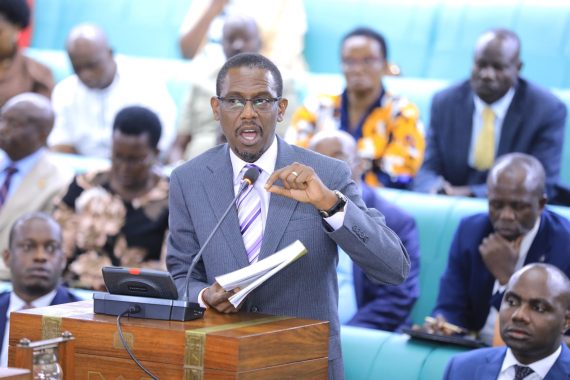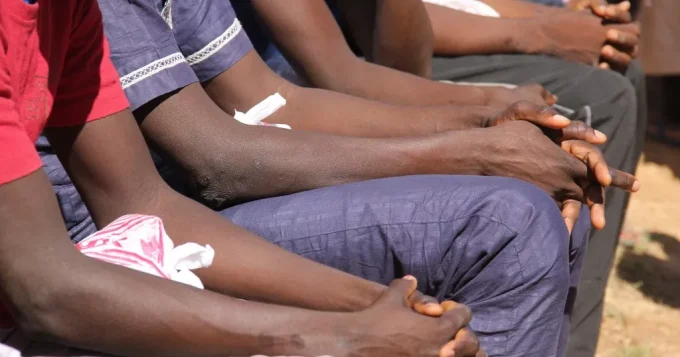Kenya’s controversial tax proposals?
Protests over an unpopular finance bill have led to the deaths of at least five people in Kenya, with part of the parliament building set alight.
Protesters say the bill would impose unaffordable tax rises on ordinary citizens and businesses already weighed down by the high cost of living.
Police fired live rounds at protesters on Tuesday, leading to several deaths and hundreds of injuries.

The government has dropped some of the contentious proposals but protestors want the entire bill scrapped.
What did the orginal bill propose?
Taxes on basic items
The bill initially proposed to introduce a 16% sales tax on bread and 25% duty on cooking oil.
There was also a planned increase in the tax on financial transactions as well as a new annual tax on vehicle ownership amounting to 2.5% of the value of the vehicle.

In response to public opposition, the government said it would drop these measures.
The eco levy
A charge on products that contribute to waste and harm the environment was another key provision of the bill that the government has now suggested amendments to.
Critics pointed out that it would lead to the increase in the cost of essential items such as sanitary pads. They said many girls already unable to afford these products often miss school during their periods.
Babies’ nappies would also be affected.
The government then said the levy would apply only to imported products.
The eco levy was also aimed at digital products, including mobile phones, cameras and recording equipment. But many Kenyans say they rely on these products, essential to the digital economy, for their livelihoods.
What are some of the measures that remain untouched?

Tax on specialised hospitals
The finance bill introduces a 16% tax on goods and services for the direct and exclusive use in the construction and equipping of specialised hospitals with a minimum bed capacity of 50.
Many Kenyans worry that this could mean higher healthcare costs.
The chairman of the parliamentary finance committee, Kuria Kimani, has called claims that the bill would tax cancer patients “falsehoods”.
Higher import fees
The bill proposes to increase the rate of import taxes from 2.5% to 3% of the value of the item, to be paid by the importer.
The rise comes just a year after the rate was reduced from 3.5% to 2.5%. Protesters say the changes would lead to higher prices for imported products.
Source – BBC AFRICA
More in Uganda – https://www.youtube.com/watch?v=x8cdtMx9dGU



















